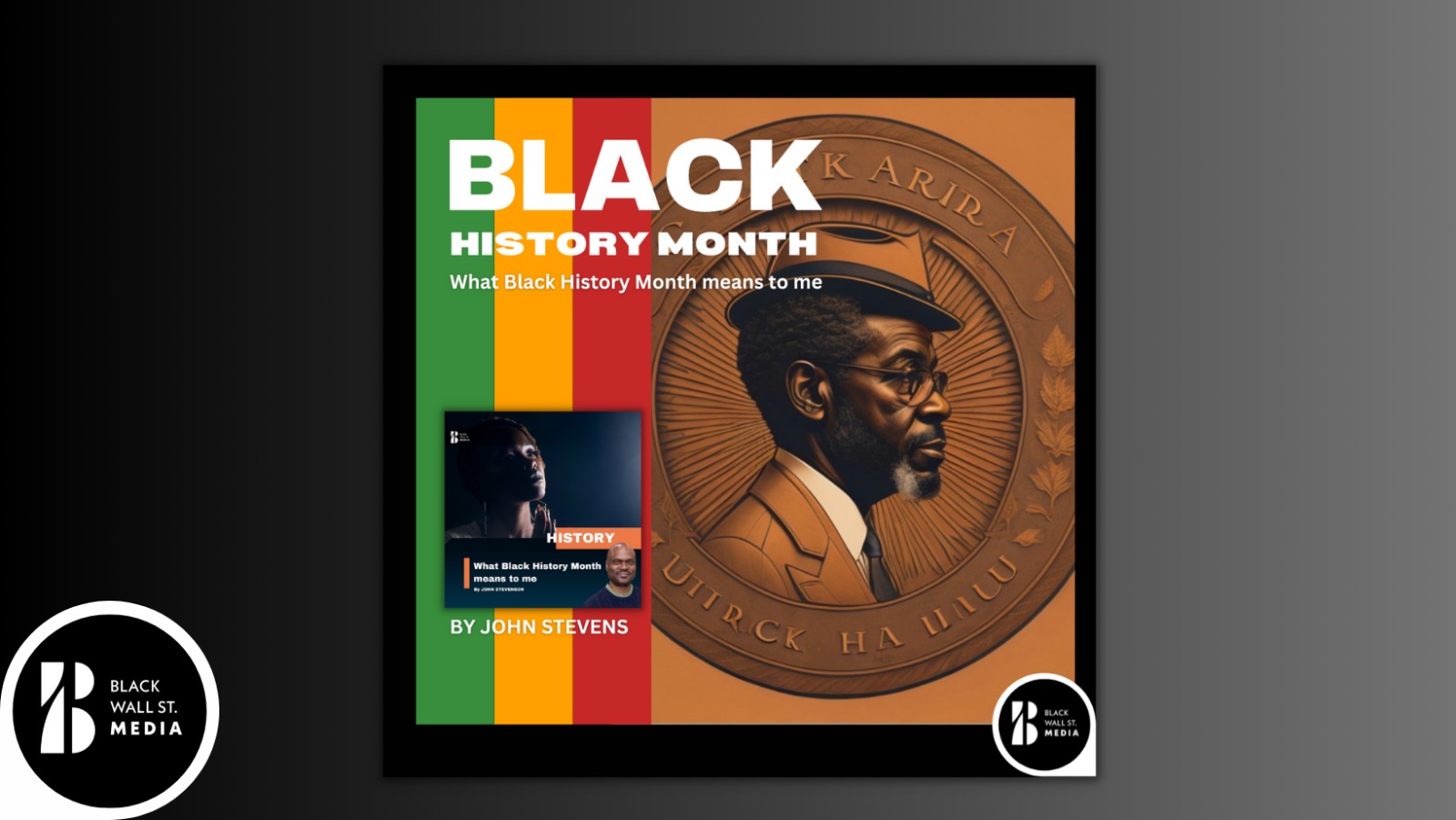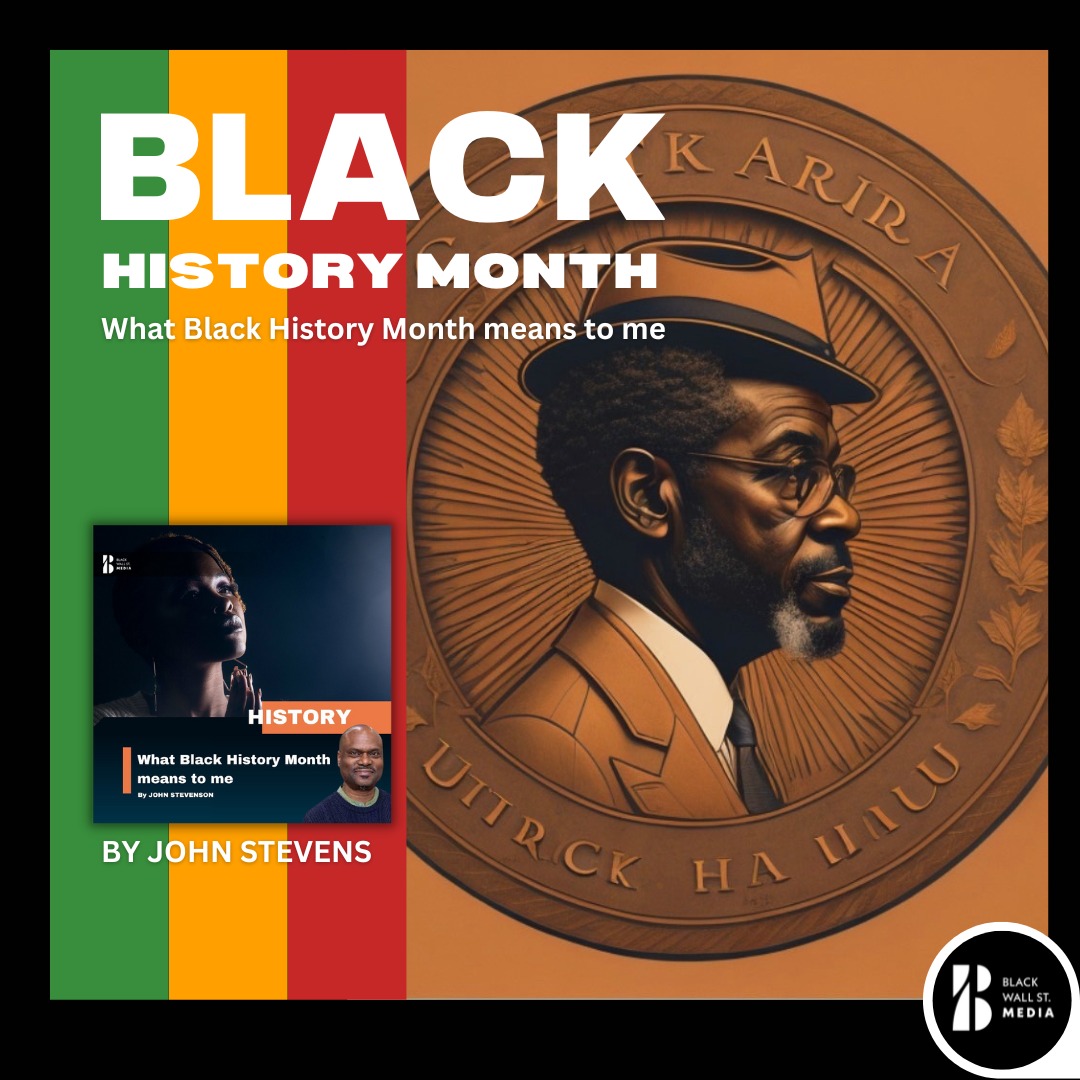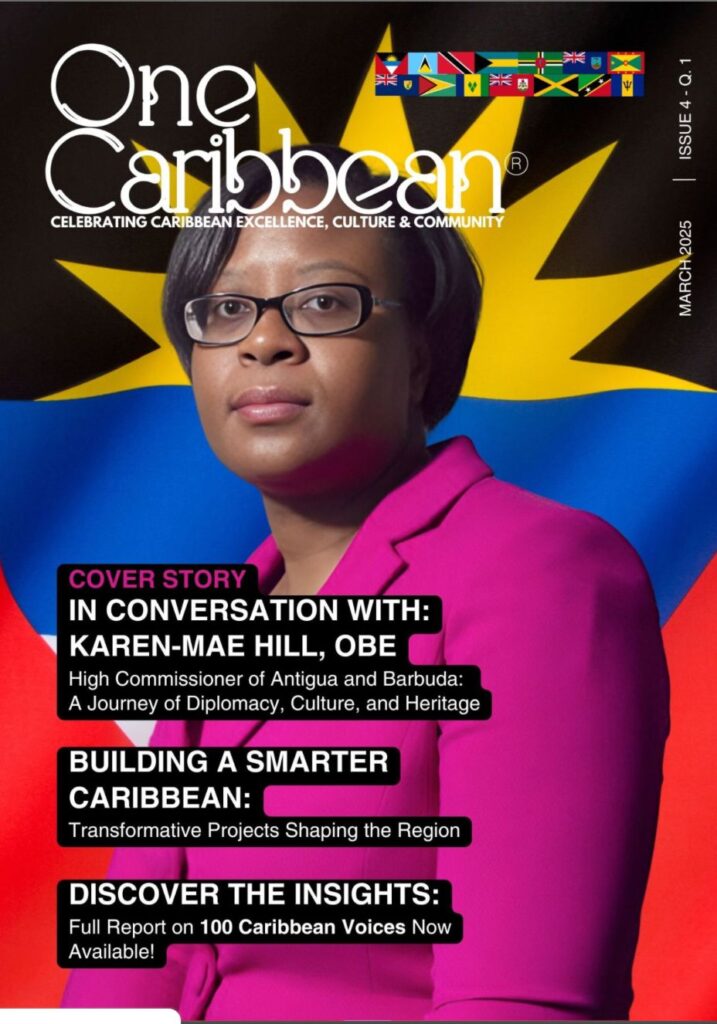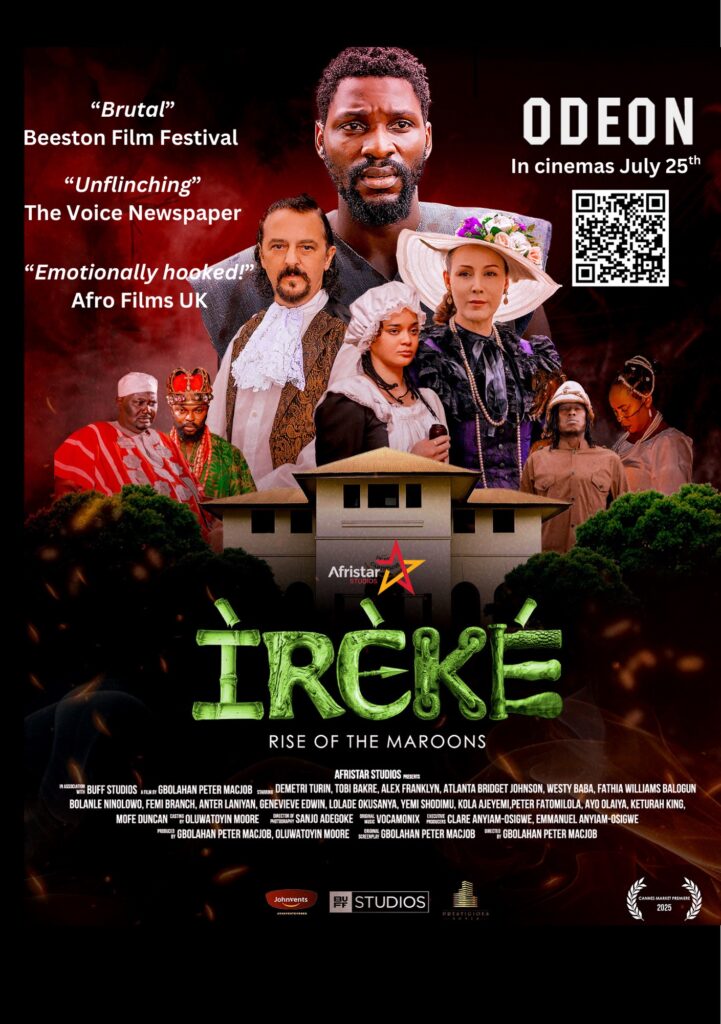HISTORY
“”
JOHN STEVENSONContributor
We owe it to Ghanaian elder, journalist and Pan-Africanist, Akyaaba Addai-Sebo, for introducing Black History Month to the United Kingdom in October 1987.
The month-long celebration and observance of Black pride, achievement and history which has carried on in this country for the past 35 years, has its roots in the United States of America and Canada.
Ironically, across the Atlantic, it is celebrated during the shortest month of the year (February), in sharp contrast to the foundational role played by African populations in the economic and cultural wealth of the New World including America, spanning over 400 years.
While I laud the yeoman effort to dedicate a portion of the year to the recognition of the African presence in the UK, this month of observance remains a token gesture for many in our wider communities – a tick-box exercise to appease the politically correct and satisfy directives around intersectionality and protected characteristics.
We live in increasingly volatile times in which African and African diaspora communities find themselves having to confront a pot pourri of challenges including everyday racism and prejudice (much of it lately occasioned by Brexit) right-wing political administrations at the national and European level, high levels of unemployment, low wages and inflation.
We have come a long way from the times when the Caribbean children of the Windrush generation were given the hideous label of ‘educationally sub-normal’ (read Bernard Coard’s seminal 1971 opus on the subject, How the West Indian Child Is Made Educationally Sub-normal in the British School System: The Scandal of the Black Child in Schools in Britain).
Though this must be applauded, what is desperately required in the UK is for all children, regardless of race, to be taught the history of Black people and British colonisation at primary and secondary schools. Should this be implemented it would assist in decolonising a UK educational space which is still steeped in effete and obsolete notions of Empire. Our story, perspective and struggle, as African-descended people, however is a unique one, after more than 400 years of having a Black Presence in the UK.
To quote the late Nigerian literary colossus, Chinua Achebe, Until the lions have their historians, tales of the hunt shall always glorify the hunter.
Like the 1619 project in America which aims to reframe that country’s history by placing the consequences of slavery and the contributions of African-Americans at the centre of the US national narrative, we must use Black History Month and every other day at our disposal, to embed the history of Africa and its ill-fated colonial encounters with Europe into the UK national curriculum for everyone to learn and reflect upon.
We must seriously examine the real legacy of recently-deceased Queen Elizabeth the Second (as opposed to the many works of hagiography which have dominated the media and the internet over the past few weeks) and the future of the so-called Commonwealth.
We should also do what we can to support the quest of our Caribbean nations to follow Barbados’ example, and de-link from the British monarchy.
We must also support the continuing discourse around reparations for African people for their suffering during the slave trade.
Black Wall St. MediaContributor













